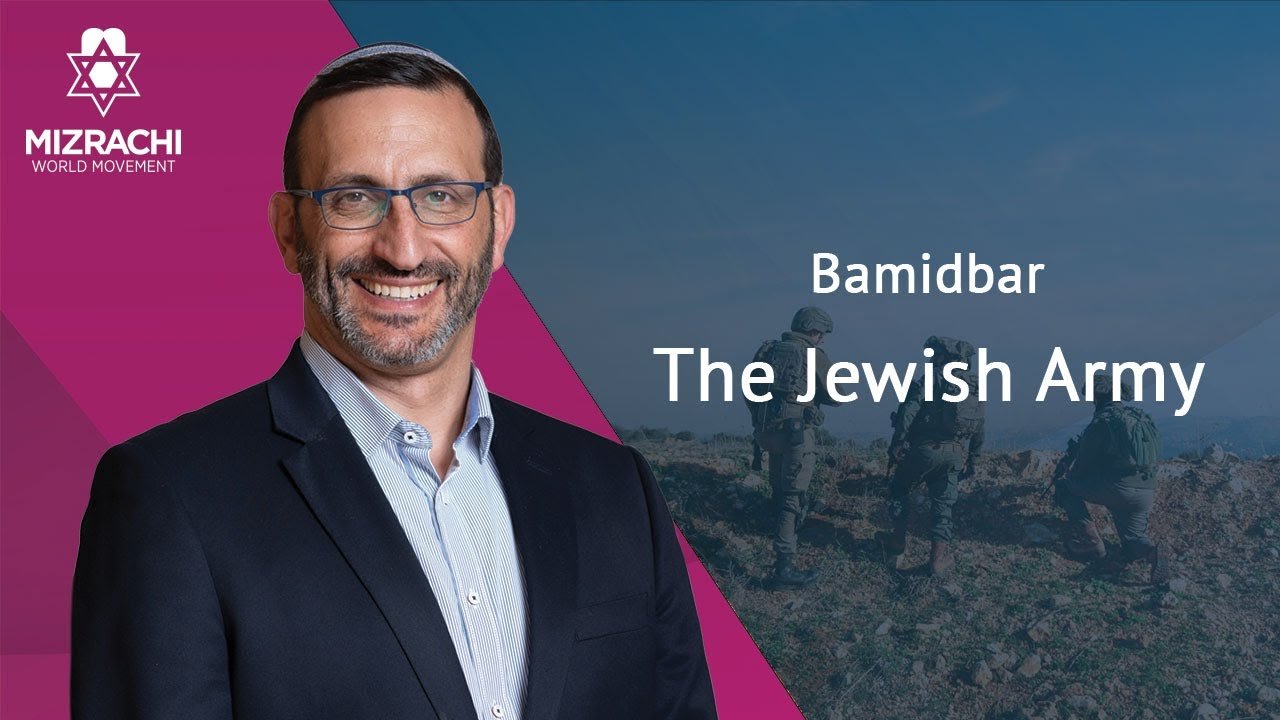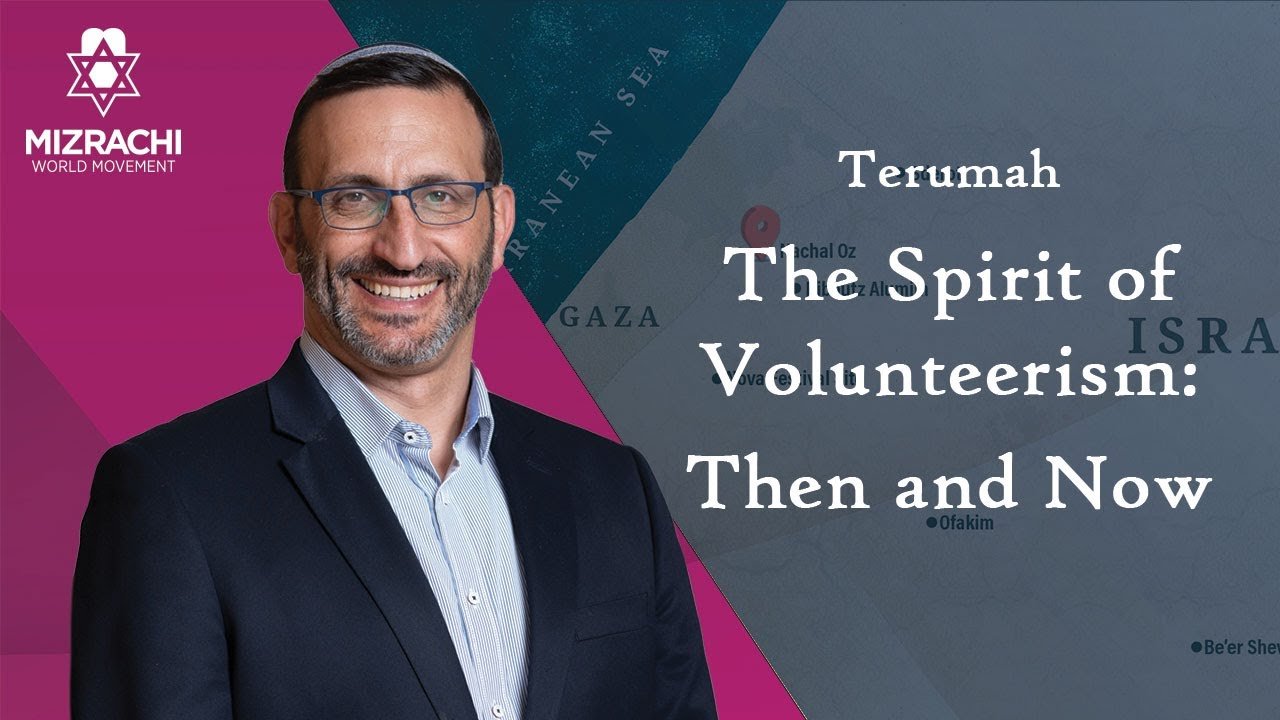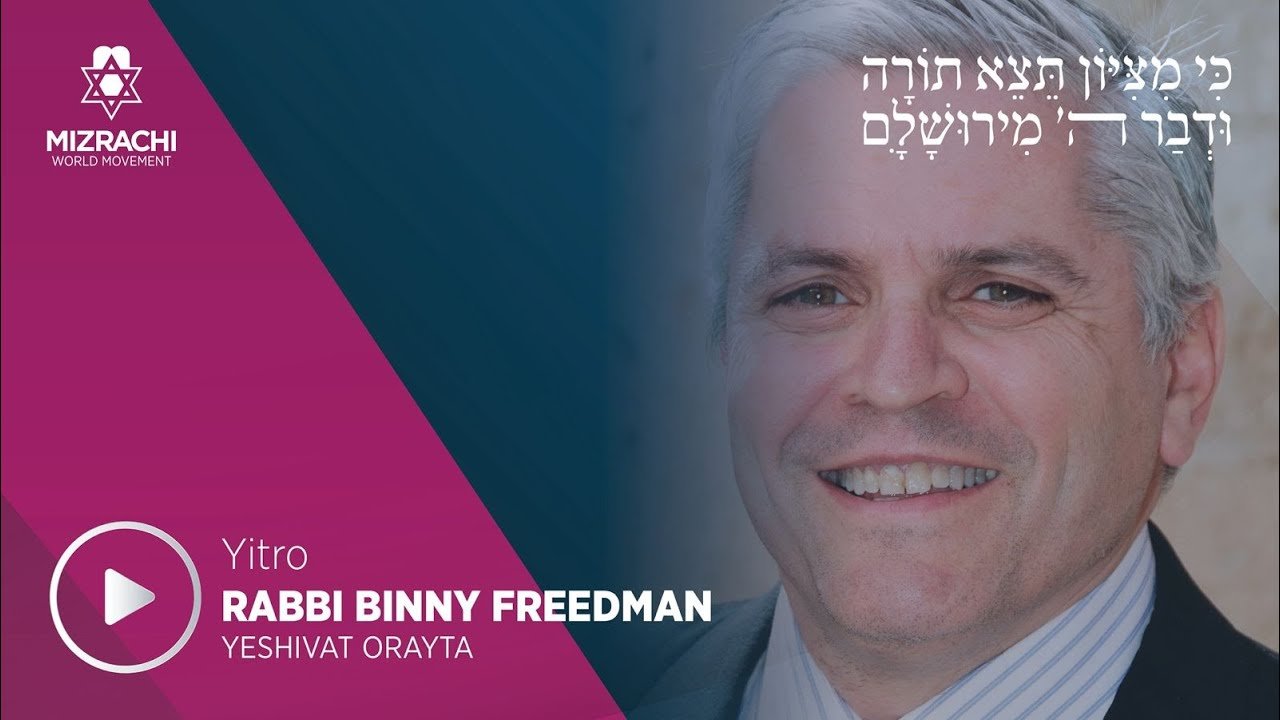Today there is a new derogatory word used against Jews – an ugly pejorative to defame them around the world: “Zio,” short for “Zionist.” Just saying “Zionist” becomes a way to undermine the other. Not long ago in N@zi Germany, Jews were called Jude and forced to wear the yellow star of powerlessness. Today, within living memory of the Shoah, people won’t say “We hate Jews,” but they will say “We hate Zionists” – attacking Jews not for a yellow star of weakness, but for the blue star of Jewish power.
Then, hatred was directed against the existence of the Jewish people. Today, where that is no longer acceptable, it targets the existence of the Jewish state. “Nothing against Jews,” they say, “just the 7 million in Israel.” “From the river to the sea.” Delegitimizing the only Jewish state the Jewish people have ever had, and creating the environment, heaven forbid, for its destruction.
And this hostility is not new. It goes all the way back to Avraham, as we read in this week’s parasha. Even Yitzchak – the least contentious, most peace-loving figure – faces the ire of the Plishtim. They reject his right to reopen the wells his father dug. They contend with him – “Esek” – and they hate him – “Sitnah” – denying any space for Avraham’s children in their own land. Yet Yitzchak sows in famine and reaps a hundredfold, just as the early pioneers caused the land to flourish. Only when he reaches Rechovot is there finally space for him.
So too today. The moment there is true space for the Jewish people to live as a sovereign nation in our ancient homeland, blessing can flow – just as it did in the days of Avraham, and just as it does whenever Zionism is allowed to be what it truly is: not a derogatory label, but a source of blessing for all humanity.










